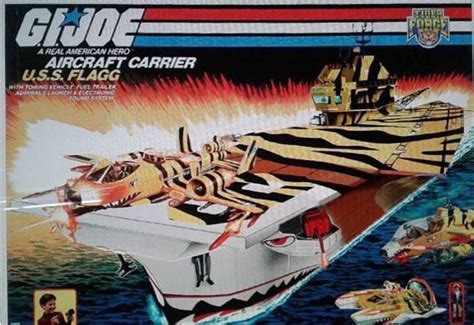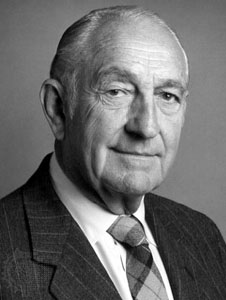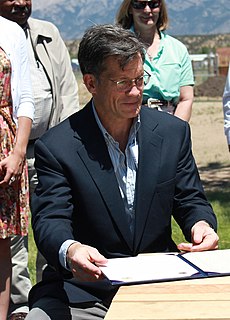A Quote by Joseph Mailman
We decided that it was imperative for us to use our resources to create a new paradigm: one in which business operates to add value to society - without compromising the well-being of future generations.
Related Quotes
We have reached a point where the value we do add to our economy is now being outweighed by the value we are removing, not only from future generations in terms of diminished resources, but from ourselves in terms of unlivable cities, deadening jobs, deteriorating health, and rising crime. In biological terms, we have become a parasite and are devouring our host.
People, materials, facilities, money, and time are the resources available to us for conducting our business. By applying our skills, we turn these resources into useful products and services. If we do a good job, customers pay us more for our products than the sum of our costs in producing and distributing them. This difference, our profit, represents the value we add to the resources we utilize.
Successful companies create value by providing products or services their customers value more highly than available alternatives. They do this while consuming fewer resources, leaving more resources available to satisfy other needs in society. Value creation involves making people's lives better. It is contributing to prosperity in society.
...our societies appear to be intent on immediate consumption rather than on investment for the future. We are piling up enormous debts and exploiting the natural environment in a manner which suggests that we have no real sense of any worthwhile future. Just as a society which believes in the future saves in the present in order to invest in the future, so a society without belief spends everything now and piles up debts for future generations to settle. "Spend now and someone else will pay later."
We are being made aware that the organization of society on the principle of private profit, as well as public destruction, is leading both to the deformation of humanity by unregulated industrialism, and to the exhaustion of natural resources, and that a good deal of our material progress is a progress for which succeeding generations may have to pay dearly.
As we peer into society's future, we -- you and I, and our government -- must avoid the impulse to live only for today, plundering for our own ease and convenience the precious resources of tomorrow. We cannot mortgage the material assets of our grandchildren without risking the loss also of their political and spiritual heritage. We want democracy to survive for all generations to come, not to become the insolvent phantom of tomorrow.
It is the Fourth Instinct (the spirit - RJ) that urges us to exceed ourselves ... by awakening our intuitive selves, and striving to be all that we were intended to be. It takes us beyond self-centeredness and enables us to resist the combined forces of indifference and meaninglessness. It awakens us to a sense of responsibility for those most in need of our society as well as for that world that future generations will inherit.
Some corporations don't want free markets, and they don't want democracy. They want profits. And they use our campaign finance system to loot our commons, to steal from our treasury, and the other shared resources of our community - the air, the water, the public lands, the wildlife, the things that belong to all of us that are held in trust for future generations. Corporations cannot act philanthropically in America.



































